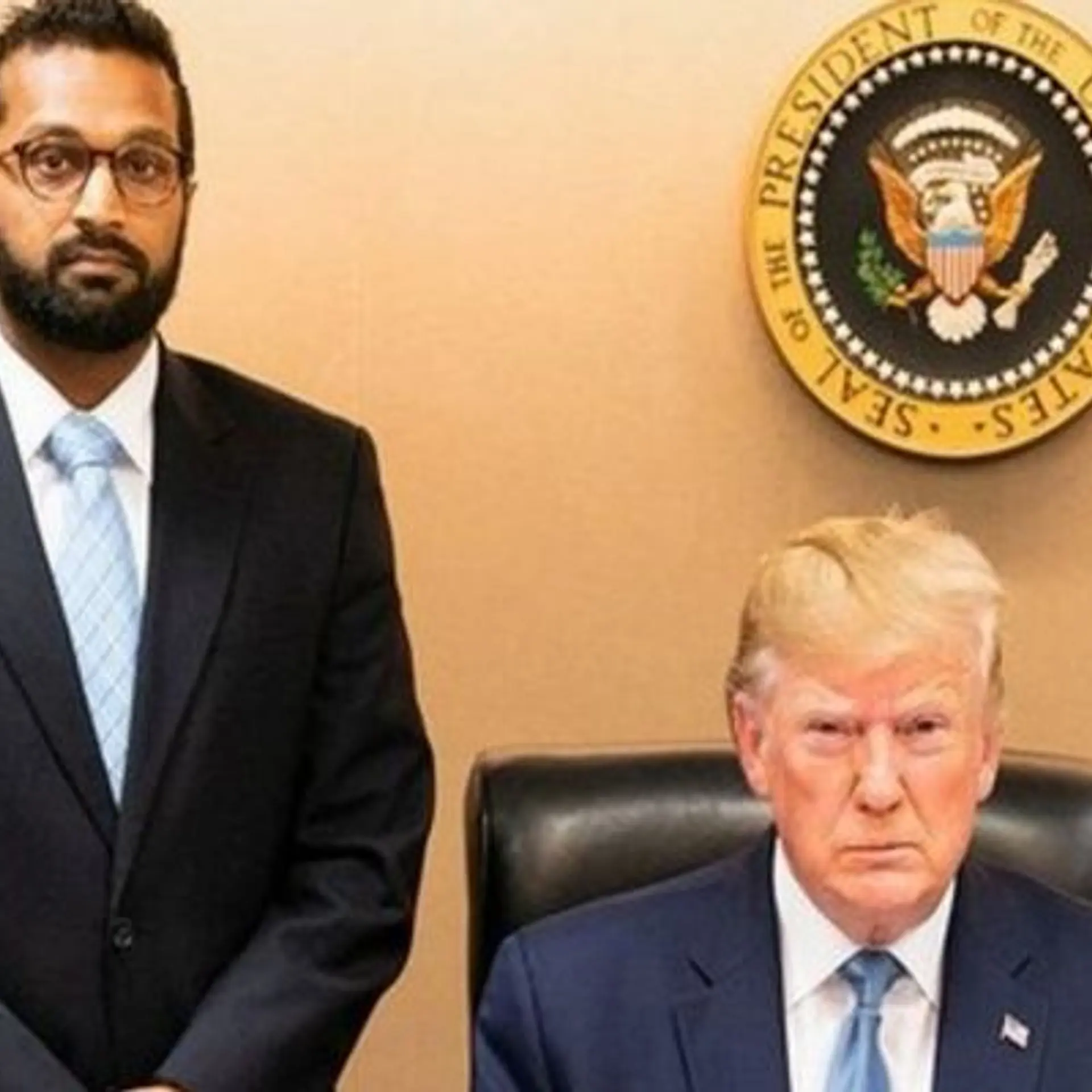[Brands of India] Ramneek Khurana of Lenskart on technology disruption in D2C ecommerce
During a fireside chat at YourStory’s Brands of India initiative, Ramneek Khurana, Co-founder, Lenskart, provided insights on technology disruption in the D2C ecommerce space.
The underlying factors driving brands to a D2C model are the absence of middlemen, allowing brands to control customer journeys, the launch of new products on a smaller scale, and an opportunity at striking a personal connection with customers.
Several D2C startups have mushroomed in India in the past couple of years, and with the outbreak of the COVID-19 pandemic, the industry has catapulted into a larger ecommerce ecosystem.
At the very beginning of the pandemic, homegrown eyewear retailer created a tool that enabled customers to take a selfie and understand the right fit of glasses for them, said Ramneek Khurana, Co-founder, Lenskart, during a Fireside Chat at YourStory’s Brands of India initiative.
The omnichannel eyewear retail brand provides eyewear via various tools on its platform and physical stores.
“I think this period has increased the adoption of technology significantly, making both online and offline visits very seamless, especially for brands powered using technology,” said Ramneek, on the impact of the pandemic. The co-founder leads the Product for Android, iOS, web apps, and POS and supply chain systems at Lenskart.
Lenskart has a combination of online and offline stores, which have a facility for ‘home eye check up’ services.
Commenting on the scope of its physical stores, Ramneek said the online website allows customers to have a look at the collection, and they can better plan their visit to the stores.
Decoding Lenskart’s effort at leveraging technology
Elucidating on their processes, Ramneek said once the order is placed, its prescription details are decoded and are sent to the right place, post which they reach the automated machine manufacturing process. The Lenskart app keeps track of the glasses and notifies customers of the delivery progress, he said.
“Technology helps us in enabling very efficient use of the inventory, which we have across all the 700+ stores and remote touchpoints, where customers get home visits from our agents that carry glasses,” he said.
Industry-wide, there have been discussions about the impact on costs as a fair share of business processes are moving to automation.
Automation has also helped Lenskart in routing its customer problems to the right set of agents. Ramneek says the Indian customer is very underserved, and he believes there should be innovation on the product, distribution, and services verticals.
According to him, emphasis should be placed on after-sales processes so the customer is confident to make purchases, knowing the company will take care in case of problems.

Potential technologies that will disrupt the D2C space
The three technologies listed by Ramneek that will create an immediate impact for D2C brands are — augmented reality, machine learning, and computer vision. According to him, augmented reality (AR) is a key technology since today’s phones come with capabilities, which make visuals almost real.
He said the upgradation of technology used in mobile phone devices can help Lenskart better understand facial features, which can improve the glasses recommendations.
“For a D2C brand, the range is often the key differentiator, but if it is presented haphazardly, it can easily become overwhelming. This is where machine learning comes in handy for recommending glasses, clothes, or whatever it may be for the customer,” he said.
Brands should evolve as technology upgrades
As technology in phones update, Lenskart will be working on innovative models to suit the new requirements, Ramneek said. He cited the example of the rollout of the 4G network, which opened up a new segment of market for the company, compelling it to develop new features.
As he anticipates the launch of 5G, Lenskart will focus on enriching the customer experience.
Advising future entrepreneurs, he said they should not depend on vanity metrics such as Facebook likes, refrain from holding a priority list, and pushes them to stay in sync with their customers daily.
“If you have a problem, you will get to hear it again and again from your customer,” he said.
Brands of India is a YourStory initiative to catalyse the growth of India's D2C economy. The initiative will bring together D2C ecosystem stakeholders, including brand builders, D2C startups, investors, corporates, and policymakers, to discover, build and help daring entrepreneurs create an additional 500 Brands of India in the next three years.
Edited by Suman Singh


![[Brands of India] Ramneek Khurana of Lenskart on technology disruption in D2C ecommerce](https://images.yourstory.com/cs/2/11718bd02d6d11e9aa979329348d4c3e/Imageqegd-1631945490416.jpg?mode=crop&crop=faces&ar=2%3A1&format=auto&w=1920&q=75)
![[Funding alert] Lenskart raises $220M led by Temasek and Falcon Edge](https://images.yourstory.com/cs/2/25e9e0e0605211e984534d4121ad4bb6/21-1599119485094.jpg?fm=png&auto=format&h=100&w=100&crop=entropy&fit=crop)





